by Lee Warren, freelance writer/editor and eMoon team member
One of the biggest difficulties for new authors is gaining an audience that is big enough to sustain their writing careers. Successful authors have learned that if they are going to build an audience, then they need to treat their writing as a business.
Here are five things they are doing:
1. They are building an email list, typically by offering a free lead magnet (either an e-book or e-report). The benefits of an email list are multi-faceted. First, unlike your friends or followers on social media platforms, you own your email list and you can contact the people on it any time you choose. Second, you will create relationships with many of your subscribers, some of whom will purchase your books and tell others about them. And third, your list is the best way to keep your name in front of people on a regular basis. Check out MailChimp, AWeber, or Constant Contact.
2. They have a business model. In her book, “Business for Authors: How to be an Author Entrepreneur,” Joanna Penn proposes three business models that authors can use. Model #1 includes a mixture of non-fiction books with multimedia products, speaking and consulting. Model #2 includes high volume book releases. Model #3 includes sporadic book releases, mixed with teaching, speaking and freelance writing. Choose the one that best suits you and work the plan.
3. They have a production schedule. How many books will you write over the next twelve months? Using a production schedule (with a calendar of some sort) will help you accomplish that goal. It will include, but is not limited to, designated dates for brainstorming/outlining, writing the first draft, working on multiple revisions, proofing, your book launch, and then it repeats with the next title. I also like to include my deadline for submitting to an editor. Here are a couple of good articles with more info.
4. They are targeting prospective readers with Facebook ads. If you write young adult dystopian fiction, then you can target the nearly 3,000,000 people who have liked “The Hunger Games” trilogy Facebook page, offering them a lead magnet to join your email list. If you write non-fiction for women who struggle with their self-worth, then you can target Jen Hatmaker’s 500,000 plus Facebook fans. If you write children’s steampunk, then you can target author Philip Pullman’s 36,000+ fans on Facebook. If you aren’t sure who to target, just pull up the top 10 list for your genre and target the fans of those authors.
5. They have a strong social media presence. They aren’t bombarding followers with pitches to buy their latest books. Instead, they are serving their followers in the niche in which they write. Rhonda Rhea writes funny non-fiction with a spiritual twist, so her social media feeds are full of funny anecdotes from her life. And RJ Thesman has a fictional series in which her primary character has Alzheimer’s, so her social media presence often contains helpful information about the disease.

